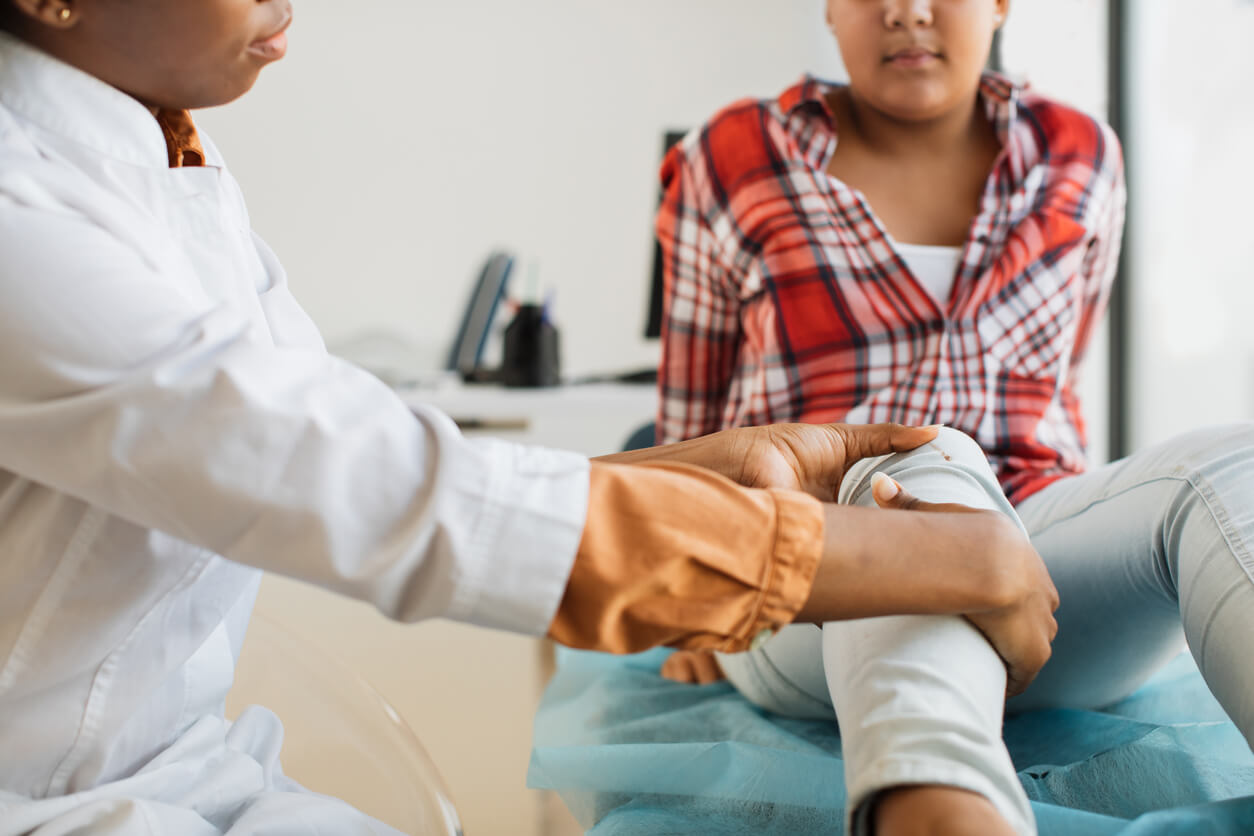
Athletes, irrespective of their sport, face the constant challenge of maintaining peak performance while ensuring their bodies remain free from injuries. When injuries do occur, the process of returning to their sport requires meticulous planning and management. This is where Return to Play (RTP) protocols come in. Here’s a deep dive into the importance of these protocols and their implementation.
The Importance of Return to Play Protocols
Navigating the path from injury to re-entering the game is a journey fraught with challenges and decisions. Each step taken can significantly influence an athlete’s future in the sport, making it crucial to have a clear roadmap.
Return to Play (RTP) protocols serve as this essential guide, ensuring that an athlete’s comeback is not just swift but also safe and sustainable.
Safety First
At the core of RTP protocols is the safety and well-being of the athlete. It’s vital that injured athletes do not rush their return, risking further injury or complications. Proper time and rehabilitation ensure that the body is adequately healed.
Avoiding Reinjury
A significant aspect of RTP is to ensure that athletes don’t face the same injury again. This is achieved by identifying the cause of the initial injury and implementing strategies to avoid its recurrence.
Balancing Recovery and Performance
The balancing act between recovery and peak performance is one every athlete knows too well. While the urgency to return to their sport and reclaim their prowess is palpable, the emphasis on a comprehensive recovery cannot be sidelined. This equilibrium ensures not only a successful comeback but also a sustainable athletic future.
Individualized Approach
Every athlete is unique, with specific injuries, recovery rates, and performance goals. RTP protocols must be customized, taking into consideration factors like the injury’s severity, prior fitness levels, and the athlete’s aspirations.
Progressive Training
A phased approach helps athletes regain their fitness level gradually. Starting with low-impact and low-intensity exercises, the regimen progressively intensifies, allowing the body to adapt without being overwhelmed.
Collaboration Between Medical Team and Coaches
The success of RTP protocols hinges on seamless communication between medical professionals and coaches. While the medical team focuses on the physical aspects of recovery, coaches can provide insights into the athlete’s performance levels, ensuring a harmonious return to sport.
Ignoring RTP Protocols
Ignoring Return to Play (RTP) protocols can be dangerous to an athlete in terms of their career and physical health. Not following RTP protocols could result in:
- Re-injury Risks: Without the structured recovery RTP protocols provide, the previously injured area may not be fully healed, making it susceptible to further damage.
- Psychological Implications:
- Fear of Re-injury: An early return can instill a lingering apprehension, affecting performance.
- Underperformance or Overcompensation: Athletes might hold back due to fear or push too hard, leading to other injuries.
- Decreased Confidence: Mental strain from not following protocols can erode an athlete’s self-assurance in their capabilities.
- Extended Recovery Times: Ignoring RTP protocols can result in prolonged healing durations, especially if there’s another injury.
- Chronic Issues: Multiple injuries without proper recovery can lead to persistent health problems, sometimes forcing early retirement from the sport.
- Decreased Athletic Prowess: Skipping vital rehabilitation can impact functional capacity, strength, and range of motion, diminishing overall performance.
Neglecting RTP protocols will affect an athlete’s immediate return and jeopardize their long-term prospects in the sport.
The Benefits of Orthopedics for Return to Play
When athletes experience injuries, the medical discipline they’ll likely need for specialized care is orthopedics. As experts in the musculoskeletal system, orthopedic professionals possess a deep understanding of the mechanics, injuries, and treatments of bones, joints, ligaments, tendons, and muscles.
Their specialized knowledge makes them instrumental in guiding athletes through the recovery process, ensuring they are physically and mentally prepared to return to their sport.
- Injury Assessment and Diagnosis: Orthopedics offers an in-depth understanding of musculoskeletal injuries, ensuring accurate diagnosis, which is the cornerstone of any RTP protocol.
- Treatment and Rehabilitation: Utilizing a combination of medical treatments, physical therapies, and exercises, orthopedics ensures a holistic approach to an athlete’s recovery.
- Monitoring and Progress Tracking: Continuous oversight ensures that the athlete’s recovery is on track and any deviations or complications are promptly addressed.
- Prevention and Injury Risk Reduction: Beyond just healing, orthopedics focuses on understanding the cause of the injury and implementing strategies to prevent its recurrence.
- Psychological Support: Physical injuries often come with psychological impacts. Orthopedic professionals recognize this interplay and provide the necessary support, helping athletes overcome apprehensions about their return.
- Education and Empowerment: Knowledge is power. By educating athletes about their injuries, recovery process, and preventive measures, orthopedics ensures athletes are active participants in their own recovery journey.
The Best Orthopedic Doctor in Austin, TX
Return to Play protocols are a crucial component of any athlete’s recovery journey. By balancing recovery and performance goals, these protocols provide a structured and safe approach to getting athletes back to their sport. It is important for athletes, coaches, and medical professionals to prioritize safety, avoid reinjury, and take an individualized approach when designing and implementing RTP protocols.
If you or someone you know is navigating the complexities of returning to their sport after an injury, consider consulting the All-Star Orthopedics of Austin. Your health and performance deserve nothing but the best. Call us today at (512) 346-4933 for assistance. You can also book an appointment with the best orthopedic doctor near you using our secure online request form.
We look forward to serving you!





